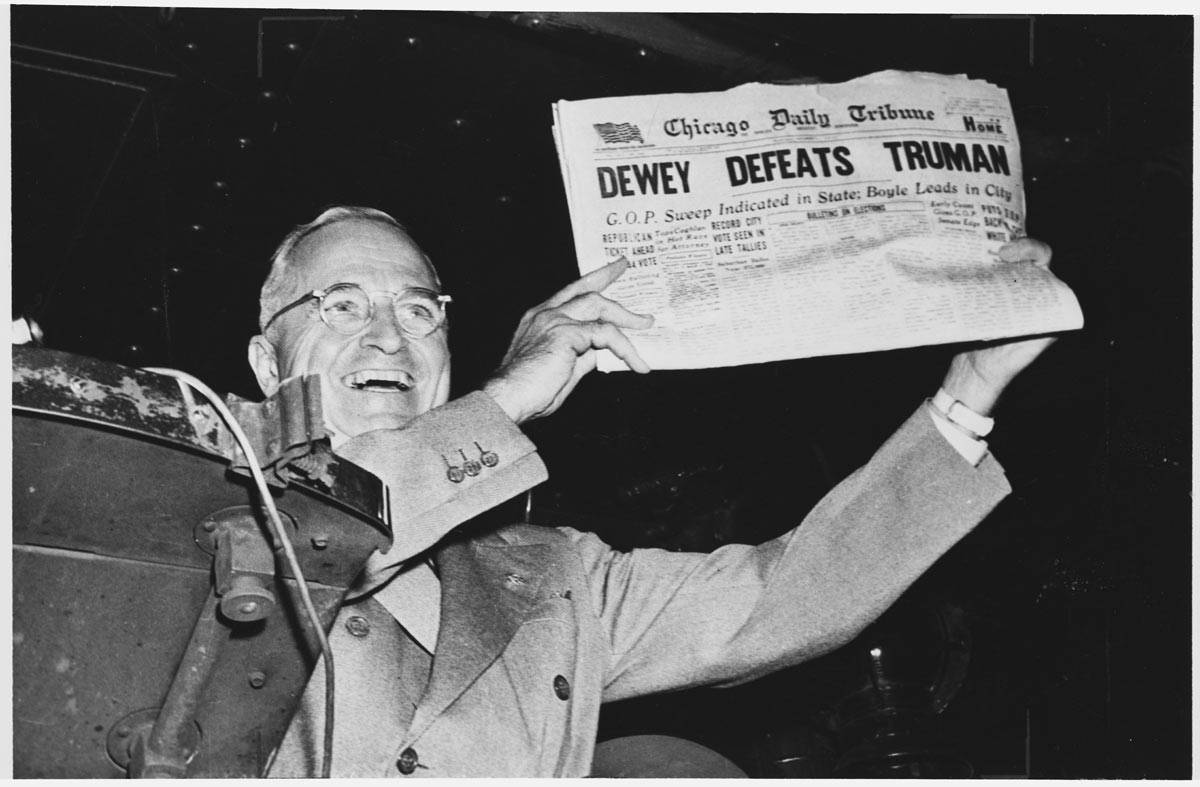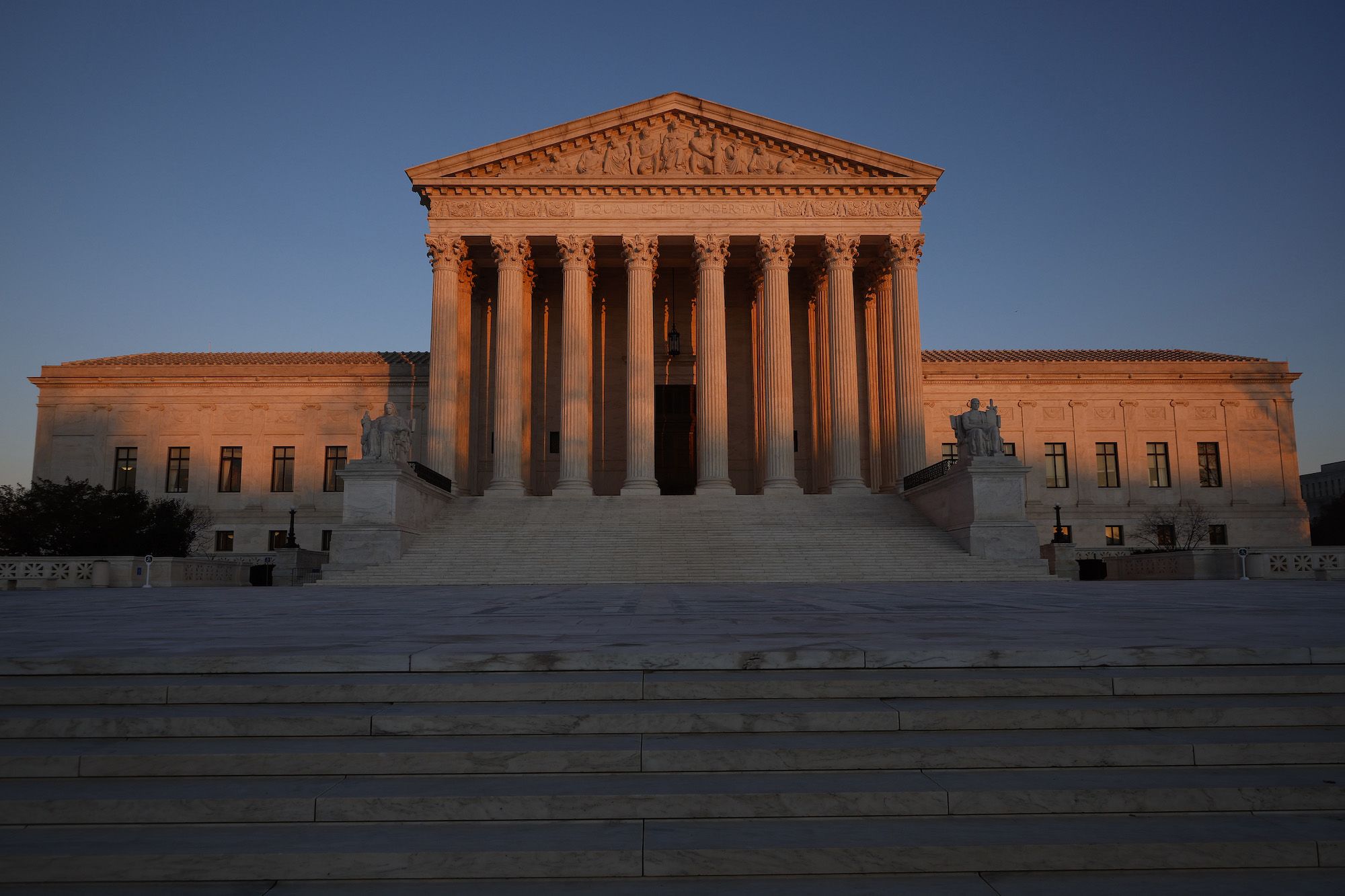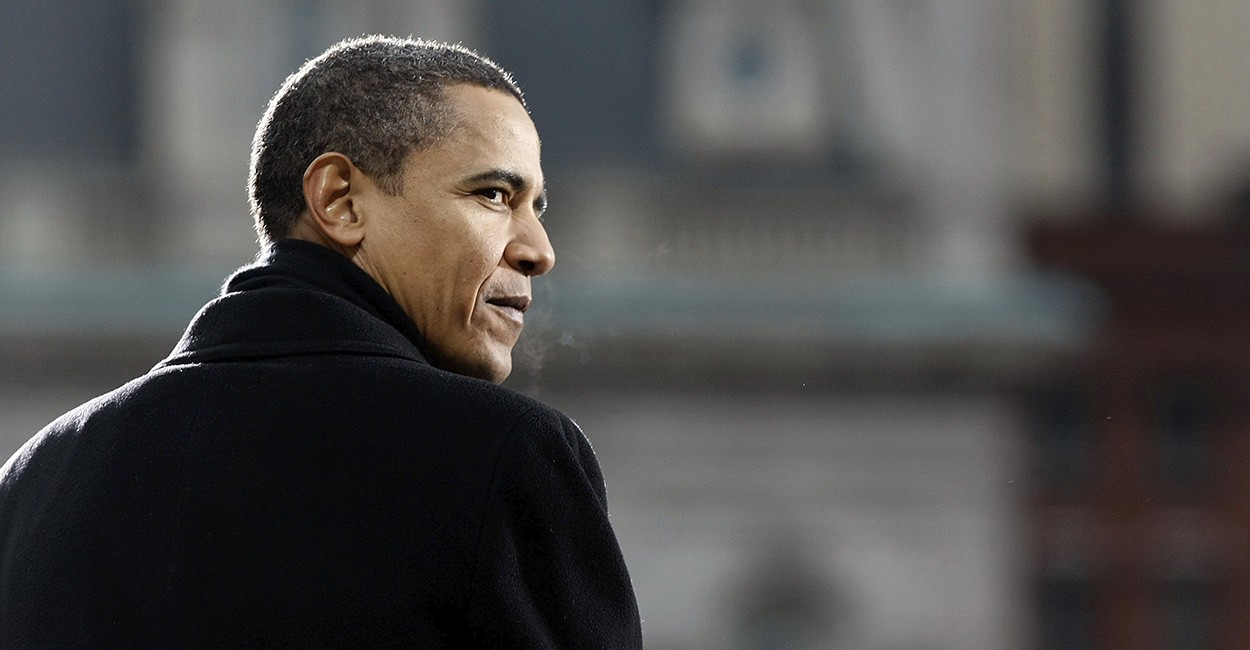By: Carson Aft
There is no second place. The threshold between first and last can be infinitesimal, but the consequences are always substantial.
On the morning of June 28th, 2012, time stood still. For one of the first times in the 21st century, all eyes were on the Supreme Court, the greatest arbitrator in all the land. This was not any morning, but the morning that the Affordable Care Act would be raised up as law or cast down as a mistake. No case that had come before the Roberts Court had ever been so controversial. Divided, the country waited with baited breath for a decision. CNN, the trusted source in non-partisan news, was the first to tell the story.
Tragedy loomed over the now-infamous Boston Marathon. The innocent sense of security that had been held so dear would be torn by two men, early in the afternoon. As fast as it began, all eyes descended upon Boston. The story developed, and the news reported it. CNN, racing for ratings, proclaimed that a suspect had been apprehended.
When the news breaks, the only way to win is to be first. This unfortunate culture has led to the decline of quality. This new trend was no more obvious than during the coverage of the Affordable Care Act ruling and the Boston Marathon bombing. Accuracy was sacrificed in the name of being first.
Whenever the healthcare decision was set to be released, a plethora of news agencies circled the steps of the hallowed court striving to be the first to report. CNN fought its way into being the first report of the case. The guillotine had fallen, and the President’s signature piece of legislation was overturned. The story was over, and Democrats across the country had no chance to dispel the specter of failure before the November election. The news read a sad story for liberals, but the decision did not. CNN, it its haste to grab viewers, had neglected to check their facts.
That morning was filled with shame for more than just CNN, however. This culture permeates the industry. FOX, a more conservative alternative to CNN, found itself misrepresenting the story as well. The Affordable Care Act had been upheld, but FOX and CNN were among the last to find out.
The attack upon the Boston Marathon is one that will not soon be forgotten. In any situation like this, speculation emerges far quicker than facts, and as a result, untrue things often swirl around as though they were the truth. It is not uncommon for the first 24 hours of a news story to be riddled with the inaccurate. CNN, again, exemplified this dangerous overstepping of responsible reporting.
Within hours, several news agencies had picked up the story that “dark skinned” man had been brought into custody as a suspect. This development would have been a dramatic and speedy response to the tragedy. , But it was not true.. The man brought in was not there based on his involvement with the attack, but rather as a witness. The story was eventually corrected, but with the sweeping away of falsehoods, the credibility of the sources should have disappeared as well. They did not.
The problem is not necessarily that the information is false. Everyone is capable of mistakes, and when dealing with innumerable people, mistakes are unavoidable. The problem is that there are very few consequences to these mistakes. Integrity has become a secondary quality in news, falling far behind the importance of simply being first.
Rather than being punished by viewers, who, when misled, should have changed to another source, CNN found itself with more and more of an audience. The motivation for truth and accuracy is lacking. Whenever a news agency can repeatedly misreport the news, intentionally or otherwise, and continue to be trusted, there is a serious issue.
The spirit of news has not changed. While the problem may just be coming to light, there have always been inaccuracies. The advent in technological capabilities and real-time information should have ushered in a change from guesses and speculation to concrete facts. The unfortunate side-effect of gaining new speed in reporting is that, while the news can be verified more quickly, the misinformation also flows at the speed of zeros and ones.
In a time of digital news, there is no room for accuracy. Audiences flee as facts are being checked. The trap for news agencies is not being the worst at reporting, but rather the slowest. There is no second place. The threshold between first and last can be infinitesimal, but the consequences are always substantial.

